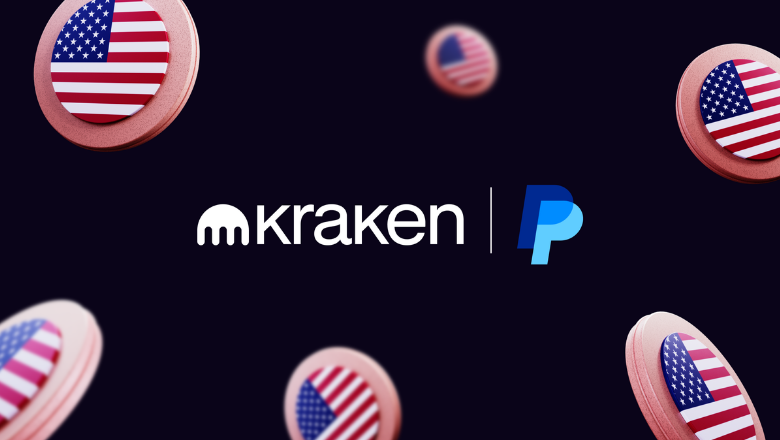Kraken has officially introduced PayPal as a new funding method for its U.S. customers, enabling them to make instant USD deposits without needing to share bank details. This enhancement follows successful launches in Europe, the UK, and Australia, expanding PayPal’s reach within the crypto trading ecosystem.
During an unadvertised soft launch, the PayPal deposit option handled over $1 million in volume, highlighting strong early adoption by users seeking fast and hassle-free ways to fund their accounts.
How Does It Work?
U.S. Kraken users can now fund their accounts instantly via PayPal, using:
-
Their existing PayPal balance
-
Linked bank accounts
-
Debit or credit cards
All without the need for bank credentials or third-party authentication screens, simplifying the deposit process considerably.
Enhancing Kraken’s Deposit Options
This new PayPal integration complements Kraken’s current USD funding methods such as:
-
ACH transfers via Plaid
-
FedWire payments
-
Debit card deposits
PayPal’s addition offers a faster alternative, improving the overall user experience for crypto investors in the U.S.
PayPal’s Growing Crypto Ecosystem
This update is part of PayPal’s broader strategy to deepen its presence in digital assets. Recently, PayPal launched “Pay with Crypto,” a payment solution that supports more than 100 cryptocurrencies including Bitcoin, Ethereum, and popular stablecoins.
Designed to cut cross-border fees by up to 90%, the service enables instant settlement and conversion into stablecoins or fiat currency. Alongside Kraken, exchanges like Coinbase, OKX, and Binance are integrated into this ecosystem.
Moreover, PayPal’s own stablecoin, PYUSD, is gaining momentum after being incorporated into Visa’s settlement platform alongside USDG and EURC stablecoins.
Final Thoughts
Kraken’s PayPal integration marks a significant step toward streamlining fiat-to-crypto funding in the U.S., providing users with a quick, secure, and user-friendly deposit option. This move also aligns with PayPal’s ambitions to become a key player in the evolving cryptocurrency infrastructure.


